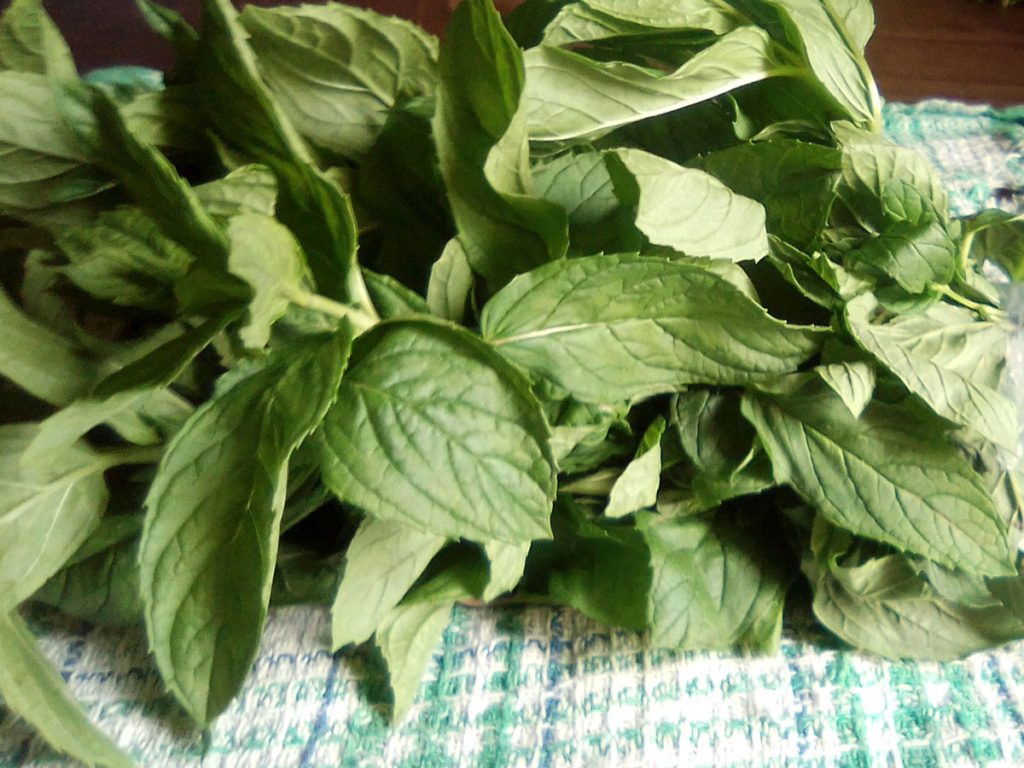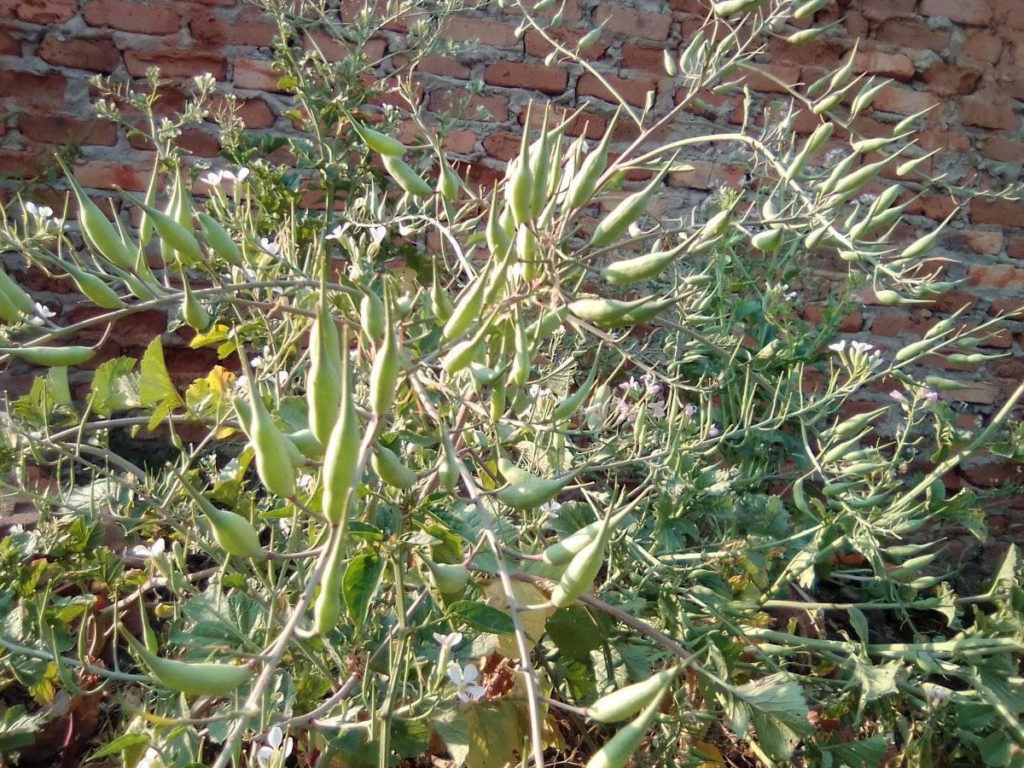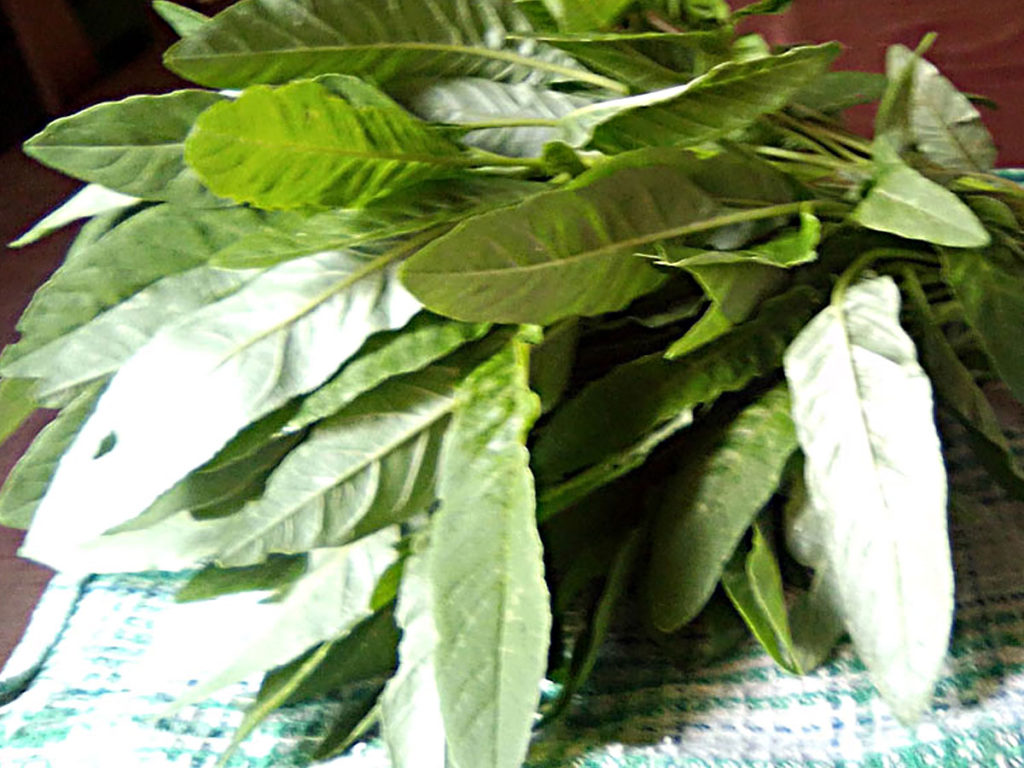At Bonosalus we will give you good insight, tips and educational information on aquaponics and hydroponics in commercial microgreens, strawberries and herb growing, and making your own fertiliser.
Hydroponics Lessons
Bonosalus fruits and veggies does not only offer food items, it also supports the education sector by offering online and practical lessons on: How to grow vegetables hydroponically? How to make organic fertilisers?

Growing your own basil.
Did you know that basil does well in summer? If you want to grow the best basil try it now. Today, we would like to teach you how to grow basil from cuttings. Basil grows well from fresh tender cuttings. Just look for a sunny spot that is rich in well-aged manure. Plant your young cuttings in this sunny spot and water daily for about a week. Thereafter you will experience the wonder of herb farming as the basil plants will grow vigorously into a bush. Please use the young and tender basil cuttings for the best flavour.
Do you know that you can make your own marinade using basil, garlic and olive oil? Experience this delight by starting your own organic herb garden, indoor, on the balcony or backyard.

Growing your own organic seeds.
You are just wondering how you can start your own backyard organic garden.
You really know the wonders and taste of organic vegetables. You have visited a lot of garden centres but no centre has helped you with organic seeds. Bonosalus has an everlasting solution for you, do not waste your time having sleepless nights thinking of where to get organic seeds.
Did you know that you can grow your own organic seeds in your garden? Here is a simple method to do so. If you do not have some seeds at your place, quickly rush to your nearest garden centre, grab a packet of seeds of your choice, pay for it, sow these inorganic seeds, water them and take good care up until they are ready for harvest, harvest your seeds, replant the seeds or leave them to self propagate.
Do not use any inorganic fertilisers to achieve truly organic seeds. As the process goes on and on you end up having 100% organic seeds.

Wonders of growing pigweed.
It might be your first time to hear the name Pigweed. I know you’re asking yourself if this is for pigs or what? I bet you know this weed, I am quite confident of my assumption, as long as you once lived in the countryside especially in Zimbabwe, you have come across it or it was your staple in summer. Depending on which Shona you speak, Pigweed is Mbowa or Mowa depending on your vernacular language. So now we are together. I wonder why they called it Pigweed, but I know that cattle love it a lot, even some people love it also. This weed occurs naturally in Zimbabwe, it can just come into your garden un-invited, this is because the seeds are very tiny they can be propelled by the wind to your garden. But, do you welcome it when you find it in your garden.
In Zimbabwe, you can have it if you use cow dung. I was one of those who used to uproot it whenever I found it in my garden but this year I got a new revelation when I left one in my garden. It grew tall about 2metres in height, it produced a lot of seeds about a cup of tiny black seeds. I started growing a bed of Pigweed in nice rows, I was surprised to know that almost everyone would appreciate my Pigweed, some people would ask for a few plants so that they could start their own pig weed, others just like the leaves so that they could cook at home.
Most people who eat this weed agree that it boosts the immune system and it is mainly consumed by those are lacking appetite for the usual food. To get the best results from Pigweed, it must be harvested when it is still young and tender. It must be grown organically to get the full packages of its natural wonders. Pigweed naturally occurs in summer but you can grow it anytime in controlled environments. You can also grow it for your goats, cattle and rabbits.

